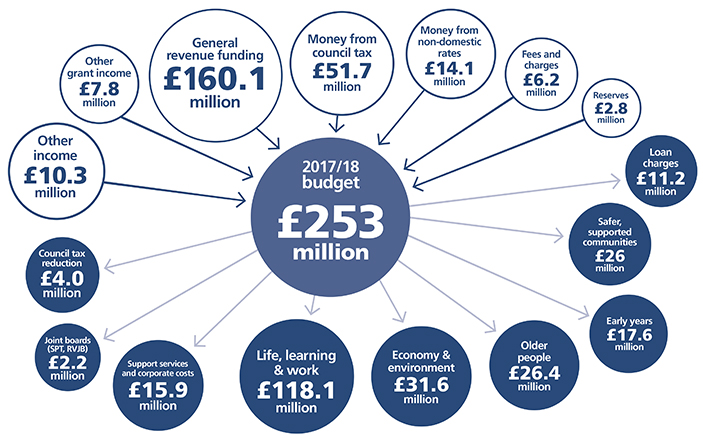In uncertain and sluggish times, as the budget rolled out, maintaining VAT thresholds, action on roads, investment and rates, gave companies reasons to be slightly cheerful!
For Mike Spicer, Director – British Chambers of Commerce Economics, the decision to switch the calculation of business rate increase to the lower Consumer Price Index in April 2018, from the higher Retail Prices Index Inflation measure, was a step in the correct direction. Yet, the same left firms to face a rise of 3 percent in April. According to him, the government could have taken a stronger step by abandoning the uprating altogether and boosted confidence further.

Smaller firms have been spared the tax grab, though. Additionally, their VAT concerns were addressed and acknowledged in the Chancellor’s speech, which was indeed necessary, considering the flagging consumer demand and rising costs. At a time that is already challenging for businesses, dragging small firms, ranging to several thousand, into the extremely complex regime of VAT would have led to a significant drag in the output. Instead of spending more than one working week per year, complying with VAT obligations, spending the same focusing on growth will definitely yield better results.
The end of the staircase tax can help prove to be a lifeline for the small firms having no time to prepare for this retrospective levy. The original business rates bills have been reinstated and the end of the staircase tax has given hope towards the complete reform of the system of regressive business rates.
Key Points in the Budget
- £3bn has been set aside for the Brexit preparations
- £2.8bn of extra funding for England
- £20bn of new investment in UK knowledge intensive industries
- £2.3bn cost to bring ahead the change from RPI to CPI, brought forward to 2018
The Enterprise Investment Scheme (ESI) has been welcomed as it is believed to encourage more investment in the businesses growing fast and drive productivity growth.
Pubs having a rateable value under £ 100,000 will accept and welcome the continuation of the discount rate of £ 1,000 for another year. At the same time, they along with other businesses under the current rating system, especially the retailers will seek further assurance in order to gain confidence for the long-term future.
The changes proposed to venture capital trust rules required careful examination. It is indeed reassuring that private investors will still have the benefit of receiving the existing tax-reliefs in VCT investments. This will help them by providing scale up capital, which is vital for the most ambitious and innovative smaller companies of the UK.



